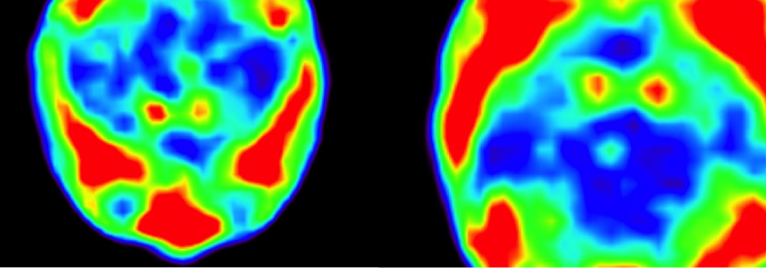B08
B cells are an important therapeutic target in MS. While anti-CD20 therapy (depleting B cells) is beneficial in MS, targeting the B cell survival factors B cell activating factor (BAFF) and a proliferation-inducing ligand (APRIL) with atacicept worsened MS. The reasons for this apparent paradox are unclear, but indicate that the BAFF-APRIL system influences MS in a way that has not yet been understood. We aim to investigate the molecular and cellular basis of mechanism of action of different B cell directed therapies that are currently in use or being developed. In detail, we intend to analyze effects of different B cell directed therapies in peripheral and intrathecal compartments both in MS patients and in B cell dependent animal models including a spontaneous disease model featuring formation of autoantibodies and a Th17 adoptive transfer model featuring formation of submeningeal ectopic lymphoid follicles. These questions will guide our research::
-
- Why did blocking of BAFF and APRIL by atacicept worsen MS?
- What are the mechanistic details of anti-CD20 therapy?
- Inhibition of Bruton’s Tyrosine Kinase (BTK) is a promising novel therapeutic strategy in MS. How does the inhibition of BTK influence neuroinflammation?
Laurent et al., Nat Commun., 2015
Principal Investigators:
Prof. Dr. med. Edgar Meinl
Institut für klinische Neuroimmunologie
LMU München
edgar.meinl@med.uni-muenchen.de
Dr. rer nat. Anneli Peters
Institut für klinische Neuroimmunologie
LMU München
anneli.peters@med.uni-muenchen.de


















